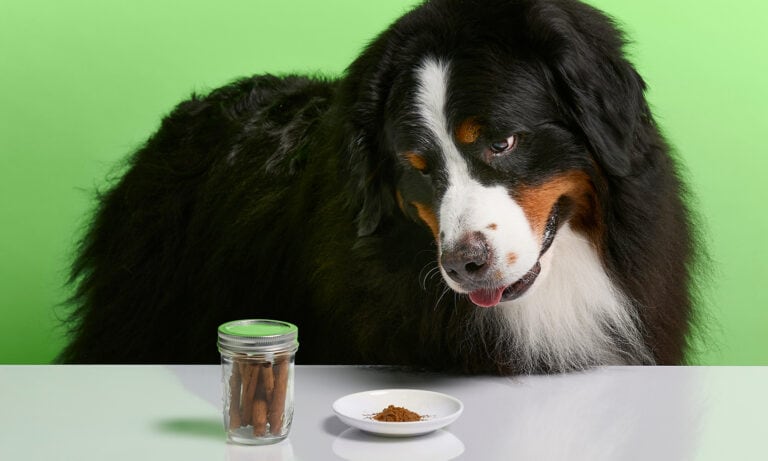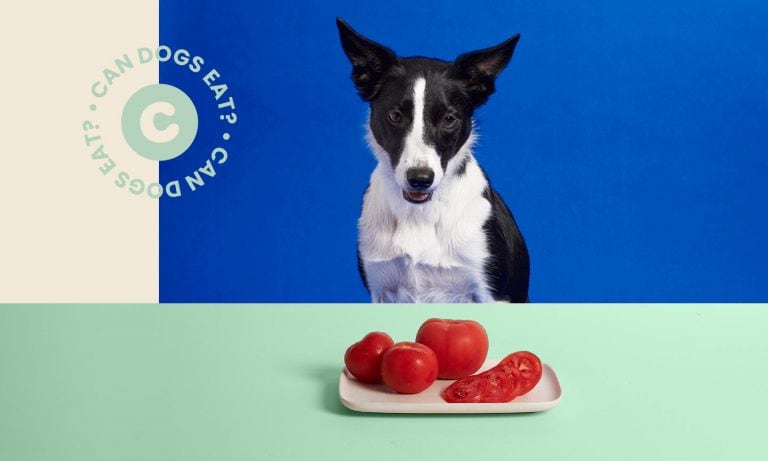No, dogs should not eat almonds.
While almonds aren’t toxic to dogs, says explains Dr. Richard Goldstein, chief medical officer at the Animal Medical Center in NYC, they can pose potential health problems for dogs and should be avoided.
Let's crack open everything you need to know about dogs eating almonds.
Are Almonds Toxic to Dogs?
Here are a few hazards that might come along with your pup chomping down on an almond.
- Obstruction Hazard: Dogs don’t chew their food, like humans do, so if they swallow the almond whole, it could lead to potential life threatening obstructions of the esophagus, stomach, or even the windpipe if aspirated in small breed dogs, says Goldstein.
- Potential Severe Gastro-intestinal Upset: “Almonds are high in fats and can cause a flair up of pancreatitis in some dogs,” says Perez. Some signs of pancreatitis are vomiting, diarrhea, loss of appetite and lethargy. Pancreatitis can lead to simple indigestion or become severe and turn into a fatal disorder. When suspected, pancreatitis should be properly diagnosed and aggressively treated by your veterinarian.
- Possible Water Retention:“Almonds, like many packaged nuts, are often heavily salted and this intake of salt can cause increased water retention in dogs, which is particularly dangerous in dogs with heart disease,” explains Perez.
And Goldstein says that dogs actually do enjoy the taste of almonds—especially if they are flavored. “Jalapeno, barbecue, smoked or salted are usually their favorite,” he says, “but it is the pet owner’s responsibility to make sure they don’t.”
What to Do if Your Dog Eats Almonds
Pets of different sizes may react completely differently to identical quantities of nuts ingested. If your dog consumes a couple almonds, and isn’t presenting any signs of choking or an obstruction, there’s little cause for concern.
However, “If you think you pet just ate that five-pound bag of almonds that you left by the sofa, the most effective treatment is to induce vomiting if the ingestion occurred within the previous 30 minutes,” shares Perez. This can be done with hydrogen peroxide under the guidance of a veterinarian or with the assistance of poison control. If you are unsure when the nuts were consumed, or you cannot induce vomiting, then the only option is to monitor your pet for signs of illness. If your pet becomes ill, call the veterinarian and make an appointment immediately.
If there are no signs of choking, gagging bloating, vomiting or discomfort and you believe your dog only ingested a few almonds, they are most likely okay and can be watched at home says Dr. Richard Goldstein. “Dogs do not get the nutritional benefit from almonds that we do and they can cause harm. There are so many better healthy choices for a treat, even if they ask, beg and go nuts over them.”
Frequently Asked Questions
Q:
Can dog eat almond butter?
Q:
Can dogs have almond milk?
Share:









